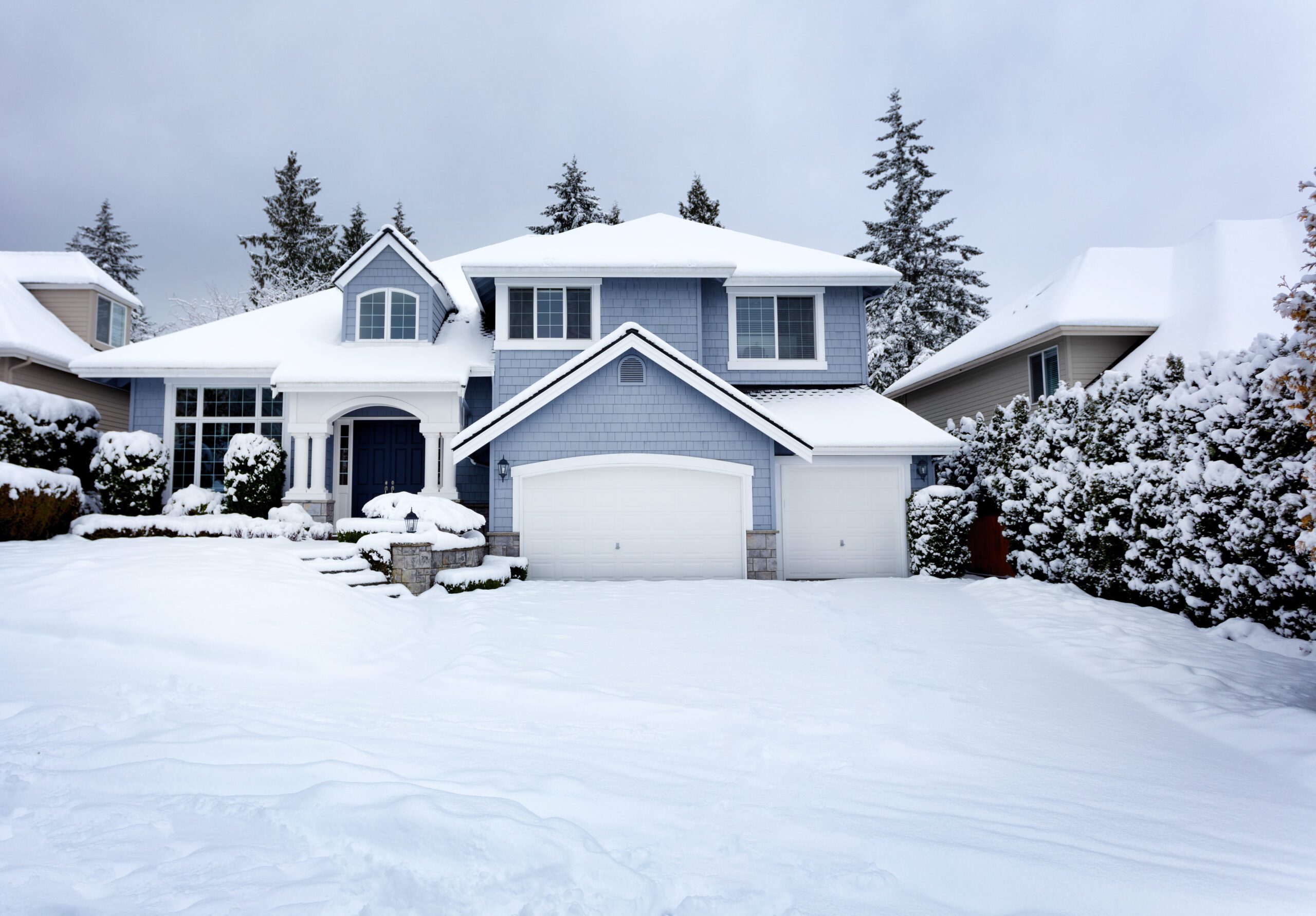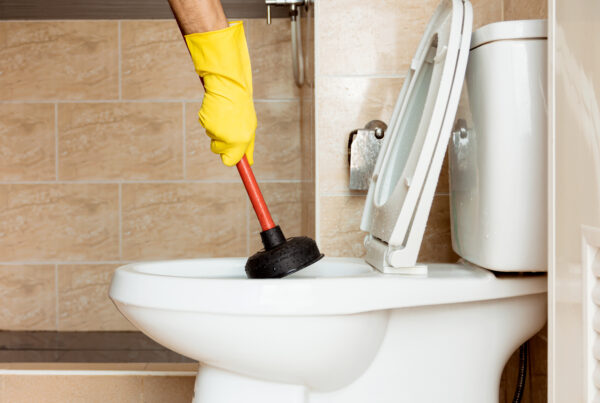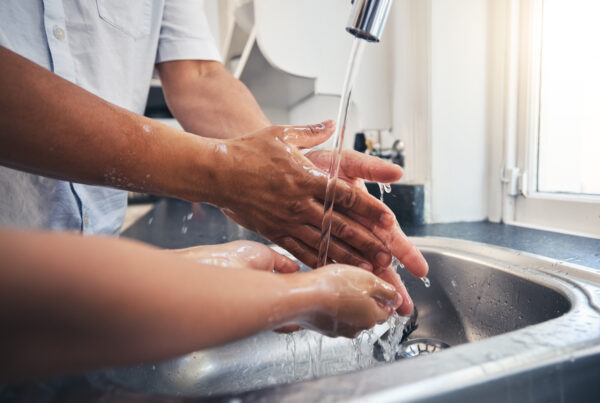Winterizing your home to protect against snow and below-freezing temps can help your home withstand the ups, downs and erratic moods of Mother Nature.
No matter where you live, winter can signal a dip in temperatures and the possibility of unpredictable weather, including inches of snow and dangerous ice. Winterizing a house from climates that expect snow and below-freezing temps for months, to regions that experience a cooling off and unpredictable precipitation can help make sure your home is ready for the season.
Burst pipes are one of the most common causes of property damage during frigid weather and can cause thousands in water damage—easily $5,000 or more, according to the Insurance Institute for Business and Home Safety.
Tips to Prepare The Inside of Your Home For Winter
The comforts of a cozy, warm home in winter can help you forget about the short days and the multiple layers of clothing. These tips can help you weather the winter season.
- Have your furnace inspected. Since your heating system will probably be running constantly throughout the winter, consider having it inspected annually to help it run more efficiently and prevent carbon monoxide from entering your home. Also remember to change out your HVAC filters every month.
- Inspect the insulation in your attic and crawl spaces. Warm air rises and leaves the house through the roof, so focus on insulation in your ceilings. Insulating the crawl spaces will help keep your floors warm.
- Seal potential leaks. Before cold weather comes, take time to insulate your home or apartment to keep the winter chill outside. Seal areas around recessed lights, the attic hatch and plumbing vents that may be allowing warm air from the living space below to enter the attic.
- Allow for ventilation. Proper attic ventilation, adequate attic insulation and a tight air barrier between the attic and the interior of the house can help prevent ice dams.
- Use window sheet kits. If you don’t have double-paned or storm windows, try a plastic-film sheet kit from your local hardware store. These will only last one season, but they can help with energy efficiency and help halt the cold flow of winter drafts.
- Update windows. Try these tips to help make windows more energy efficient:
- Install storm windows
- Hang curtains
- Create exterior shade
- Replace your windows
- Apply weather stripping and caulk. Add weather stripping to doors and caulk window gaps. Check that all windows are locked to help keep out as much cold air as possible.
- Use a fireplace. If you plan to use it, schedule an inspection and service by a professional to make sure your chimney is clear of debris and that your damper opens, closes and seals tightly.
- Insulate pipes. Pipes located in attics, crawl spaces, basements and near outer walls can be susceptible to freezing in extreme temperatures. Insulate to help prevent your pipes from freezing. When the forecast calls for unusually cold temperatures:
- Let water drip from hot and cold faucets overnight.
- Keep cabinet doors open to allow warm air to circulate in places like below sinks. If you open the cabinet doors, remove anything inside the cabinets that may pose a safety hazard to children or pets, such as household cleaners.
- Consult ABC Plumbing. Book a time where a plumber can come out and go over how they can help with your house before a freeze.
Tip: Winterizing can help you enjoy indoor days knowing you’ve done what you can to protect your home.
Outside Winter Home Maintenance Tips
Even with the cold weather conditions, your yard still needs to be maintained.
- Tool checkup. Make sure your snow shovels are free from cracks.
- Winterize outdoor faucets. Remove all hoses or devices attached to outdoor spigots and drain any water left behind in the pipes. Have in-ground sprinkler systems blown out and turn off water to the outdoor spigots.
- Outdoor furniture. Wash upholstery and frames.
- Install storm windows and doors. Storm windows and doors add a layer of protection to your home.
- Clear any landscape debris and waste. Remove any debris or branches from around the HVAC unit, gas meters, basement windows and your dryer exhaust vent. Safely cut back dead or dying limbs and any branches that can touch the roof or siding. When it’s windy, branches can rub or scratch the surfaces of your home and cause damage. They could also fall during a storm or break under heavy snow and ice.
- Firewood. Store your firewood in a dry place at least 30 feet from your home to help avoid a fire hazard.
- Visually inspect your roof. Look for any missing or damaged shingles.. Ensure that all gutters are clean and securely attached to help prevent ice dams.
- Swimming pools and hot tubs. Close and secure both the swimming pool and hot tub.
- Outdoor lights. Ensure that lights at doors (front, back and garage) are functioning. Replace any burned-out bulbs with more efficient LED options.
- Prevent pests. Walk around your house to check the foundation for small cracks or openings where mice or other pests can tunnel in. Winter is when they seek the warmth of your house, so seal up any possible entrances.
- Sidewalk and driveway. Shovel the snow from the sidewalk and driveway and then follow-up with a de-icing product to prevent slips and falls.
Winter Storm Preparation Tips
Blackouts and snow-ins can occur during winter months, so take a moment to prepare yourself and your family for such winter emergencies. Having the following items ready can help you make it through safely:
- Battery-powered flashlights or lanterns and extra batteries
- Drinking and/or bottled water
- Nonperishable food items
- Extra blankets, sleeping bags and warm winter coats
- Phone numbers for your utility companies
- Cell phone and portable charger
- A battery-powered radio, with extra batteries, for listening to local emergency instructions
- Battery backup to protect your computer and other important electronic equipment
- A first-aid kit
- Consider buying a generator — a permanent or portable generator can help provide temporary power when and where you need it.
- Have ABC Plumbing’s number in your phone in case of an emergency
In conclusion, ABC Plumbing has experienced plumbers who can help if you are experiencing frozen pipes or a busted pipe. ABC Plumbing provides emergency services after hours and weekends! Call 817-427-3222 and press 9 to reach our emergency line.





